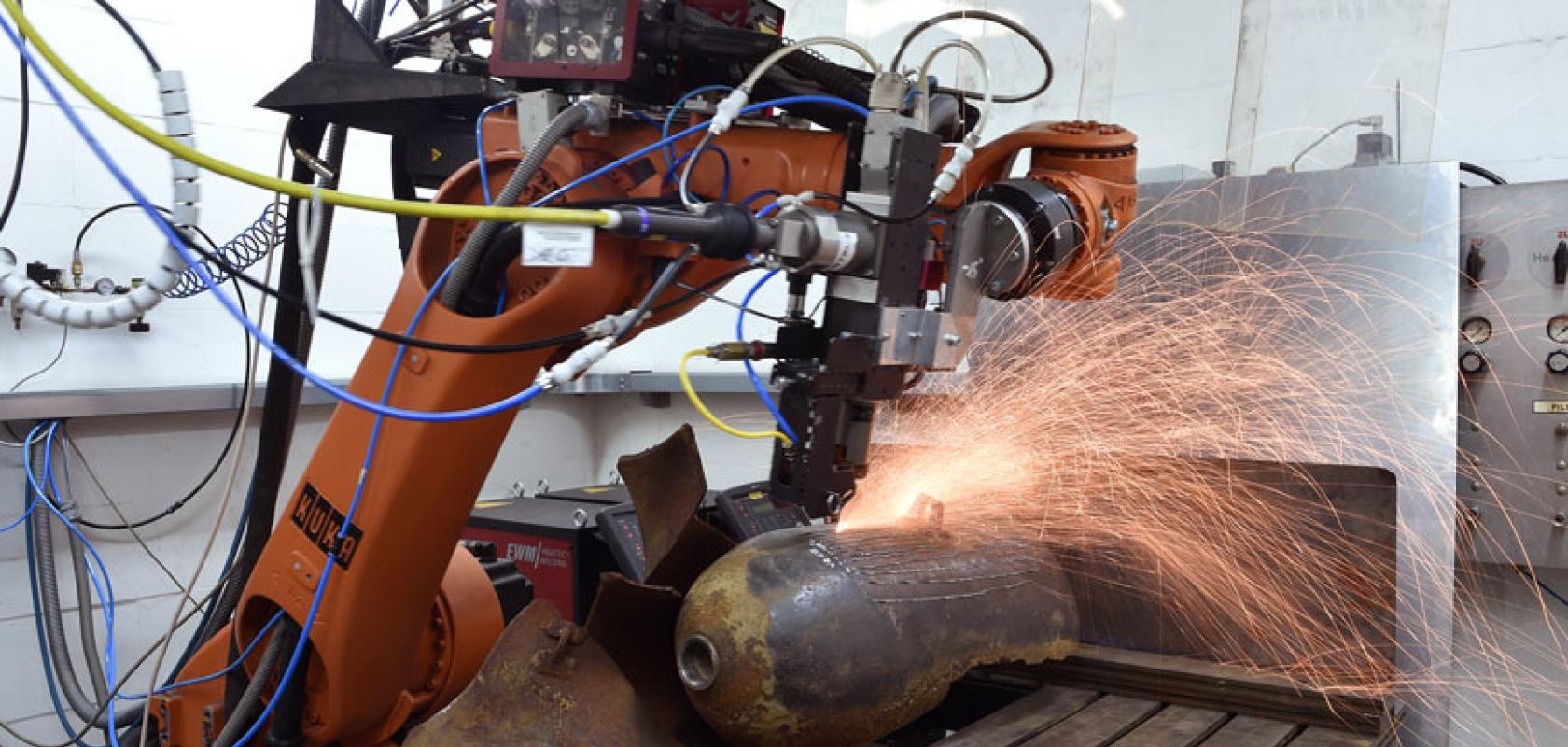Lasers are being used to help deactivate unexploded bombs more safely, in a project involving German organisations Laser Zentrum Hannover (LZH), Laser on Demand and the Hamburg fire brigade.
The amount of weapons hidden underground in Germany is difficult to predict, but according to Hamburg fire brigade estimates, about 60,000 tonnes are still in the ground.
The challenges and dangers of conventional defusing methods are huge: During the defusing process there is an extremely high risk of unwanted detonation, especially in complex ignition systems. Often, blowing up the dud remains is the only option.
In the DEFLAG (‘Safe Deflagration of Duds by Laser Technology’) project, the LZH research centre and laser materials processing firm Laser on Demand are developing a procedure to defuse the bombs via targeted deflagration.
In contrast to a detonation, the technique creates a lower pressure wave during deflagration and the explosive is converted only to a small extent. The project partners notch the bomb casing with laser radiation and trigger the deflagration in a second step. In cooperation with the Hamburg fire brigade, a field-compatible and automated processing platform is to be created – to safely defuse even dangerous unexploded bombs.
The project relies on not exceeding a critical temperature limit on the underside of the material, to drive out material from the ablation groove and to ensure process mobility. Scientists at the LZH have so far been able to notch up to 25mm thick steel sheets using a combined melting and flame removal process. In doing so, they achieve an ablation depth of up to 16mm with an external gas supply.
At the Hannover Messe 2018 from 23 to 27 April, the LZH will showcase processed bomb shells at the Pavilion of the State of Lower Saxony (hall 2, stand A08).
In addition, the LZH will show this exhibit at the LASYS fair in Stuttgart from 5 to 7 June.
The research was funded by the German Federal Ministry of Education and Research.


